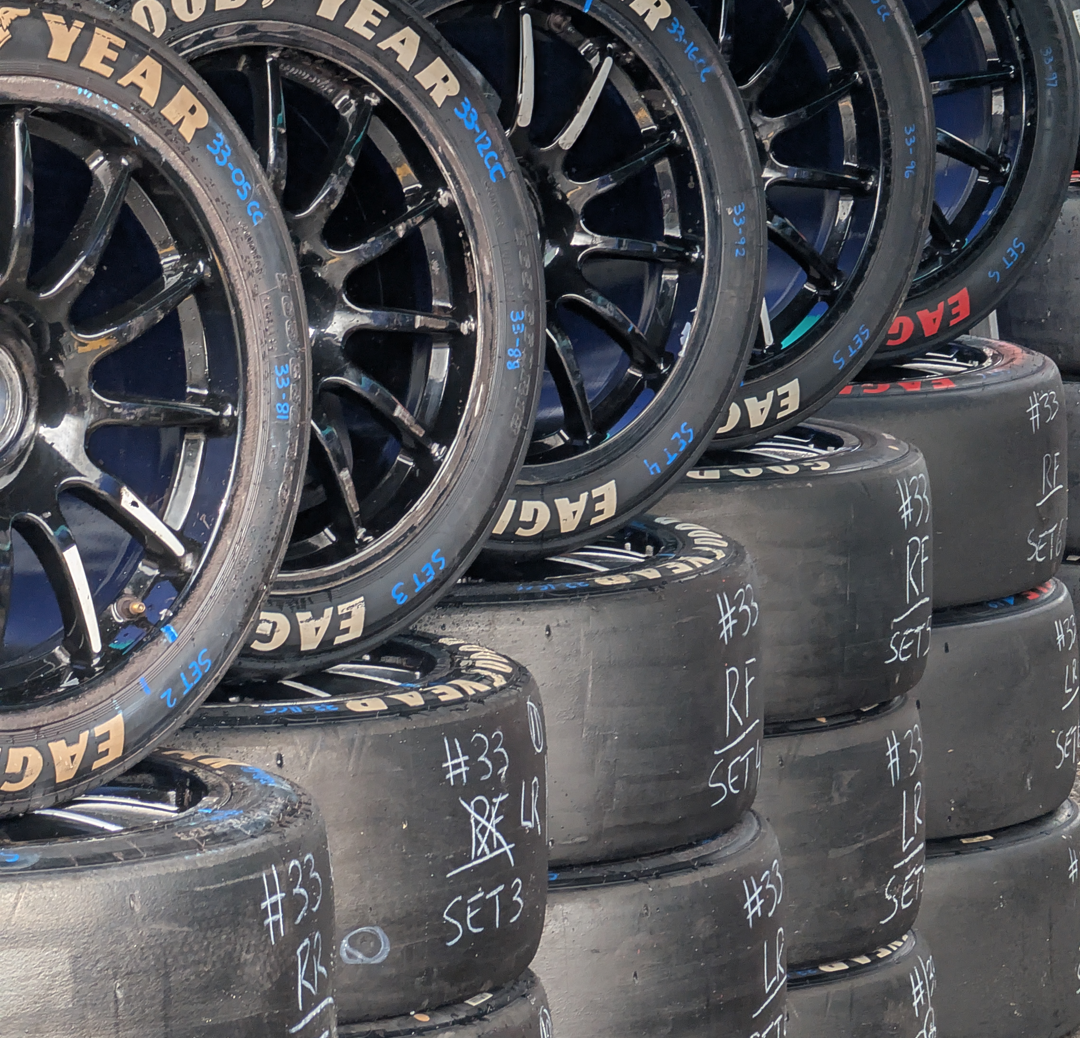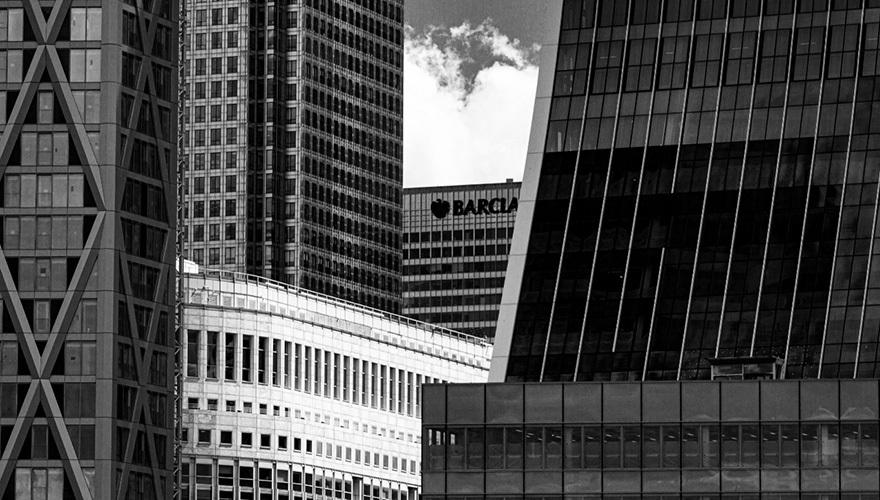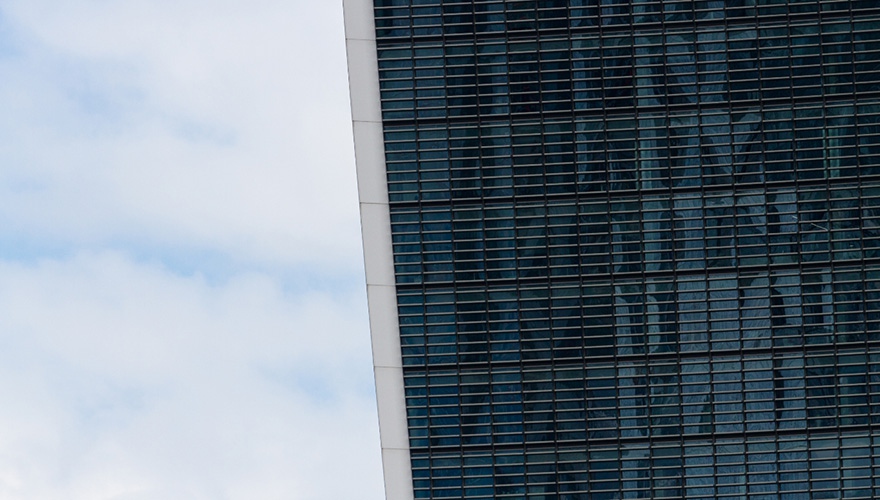Insights

11/07/2025
Building ‘What if?’ cultures
I’ve been reflecting on Simon Sinek’s recent conversation with Christina Tosi, and those two deceptively simple words: “What if?”
It got me thinking about the many coffees and conversations we have with sponsors and project leaders, and a theme we see again and again: in complex project environments, people hesitate to take managed risks. Too often, everyone’s waiting for someone else to give permission.
But what if we stopped waiting?
What if leaders modelled genuine curiosity, and the courage to not have all the answers, instead of performing certainty?
Where curiosity gets stuck
This reluctance to ask “what if?” usually isn’t about competence, it’s about culture. Many leadership environments still reward knowing over learning, and achieving over experimenting.
What struck me about Christina’s story is this: when her grandmother limited her access to the “safe” baking environment, she didn’t just learn to bake differently, she learned to think differently.
That’s the paradox modern leaders face too: unlocking possibility often starts with being willing to admit we don’t have all the answers.

When leaders hold certainty too Tightly
At Advance, we see this daily. The difference between teams frozen by risk-aversion and those who experiment intelligently rarely comes down to technical skill alone, it’s behavioural.
True experimentation demands psychological safety. It starts with leaders who are comfortable asking, “What if our assumptions are wrong?” or “What if our usual approach is exactly what’s holding us back?”
It’s not about reckless trial and error, it’s about building cultures where “what if?” becomes a tool for professional collaboration, not just solo creativity.
The real risk? Playing it safe
Too often, risk management drifts into risk avoidance. But real risk management is intelligent experimentation: testing, reframing, learning.
And that mindset can’t be outsourced. If leaders cling too tightly to certainty, teams protect the status quo. When leaders show they’re comfortable with uncertainty, while staying clear on outcomes, teams learn to do the same.

What if we didn’t default to ‘proven’ anymore?
One question I keep coming back to: why do so many capable professionals stick rigidly to “proven” methods, even when they’re clearly no longer working?
Part of the answer is that certainty feels safe. But teams mirror the emotional maturity of their leaders. When leaders make space for curiosity and accountability, teams do too.
Christina Tosi didn’t succeed by avoiding failure, she turned failure into fuel. That mindset shift is a muscle leaders can develop, if they’re willing to ask better questions.

Building ‘What If?’ Cultures
At Advance, we help leadership teams build exactly this capacity: the habits, trust and conditions that make “what if?” possible, and productive.
Because in our experience, the leaders who transform teams and deliver complex projects don’t always have the answers. They’re the ones brave enough to ask the questions that unlock better thinking.
So here’s one for all of us:
What if your leadership culture encouraged more curiosity than caution?
What might you achieve?
If you’d like to explore what “what if?” could look like in your team, let’s talk. Drop us a line, because the best breakthroughs often start with a simple question.

Insights
The Professional Collaboration Series: Blog 3 of 8: The Courage Deficit: Why Knowing What to Say Isn't Enough

Insights
The Professional Collaboration Series: Blog 2 of 8: The Three Dimensions That Make Disagreement Work (or Fail)

Insights
The Professional Collaboration Series: Blog 1 of 8: The Three Hidden Reasons Disagreement Fails in Complex Environments

Insights
Community Rail Conference: A Celebration of Collaboration and Passion

Insights
Building Foundations: Advance's Canadian Infrastructure Journey Takes Shape

Insights
The SDG Integration Opportunity: From Parallel Progress to Connected Impact

Insights
Mental Health Doesn’t Take a Day Off – and Neither Should We

Insights
Why Big Infrastructure Projects Are Struggling with Biodiversity Net Gain (And How Better Collaboration Could Change Everything)

Insights
What I Hope to Bring to the Advance Party

Insights
The Deeper Story Behind Our Numbers

Insights
Advance Joins SME Alliance Partners on UK Government’s CCS Management Consultancy Framework Four (MCF4)

Insights
From Ashes to Grid: How Power Maxed Racing Redefined What's Possible in Five Days

Insights
The skills revolution is here. Are we ready for what comes next?

Insights
Beyond “That’s Really Good”

Insights
What the UK’s Infrastructure challenges reveal about strategic leadership

Insights
A new way to map your leadership team.

Insights
The problem with 'nice' teams...

Insights
You don’t become a leader when you get a job title.

Insights
Kindness > Capability (And here’s the data to prove it)

Insights
What no one’s telling high performers about burnout…

Insights
The question you should be asking…

Insights
Energy for Impact

Insights
Advance Consultancy Partners with Community Rail Network to Drive Sustainable Development

Insights
Are you Keane on Teamwork?

Insights
Real People, Real Impact: The Essence of Social Value

Insights
Advance's B Corp Journey to Certification

Insights
MVP or... MVP…

Insights
One Blog a Year (OK, maybe two..) like this will see me right

Insights
My First "6 Weeks" in Advance

Insights
One Blog a Year like this will see me right

Insights
Biting the Bullet

Insights
The Problem with Mergers …

Insights
The Start of Advance's Sustainability Journey

Insights
Skills for the Next Quarter Century

Insights
The Advance Reading List – Part 1

Insights
What has Colin the Caterpillar got to do with leadership development? (Learn2Develop - Part 2)

Insights
When Greta met Russell … becoming a reluctant leader

Insights
Trust & Productivity – the Private Sector Construction Playbook

Insights
What has Sustainability ever done for us?

Insights
We’re really not that clever…

Insights
Learn 2 Develop – Part 1 by Al Simmonite

Insights
What’s in a name? Moving from Respect-Challenge-Deliver to Challenge-Support-Evolve

Insights
A tough Week, or was it?

Insights
Paradoxes & The Advance Consultancy

Insights
The importance of heritage

Insights
DOs and DON’Ts of Returning to Work post Lockdown - A Leadership Perspective

Insights
Been there, done it… lost the T-shirt?

Insights